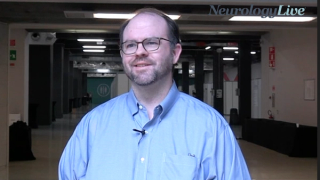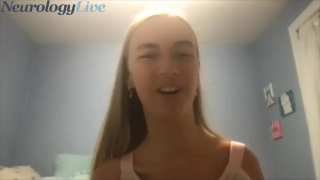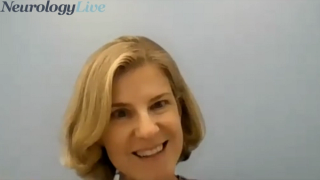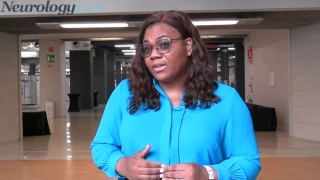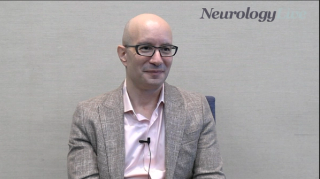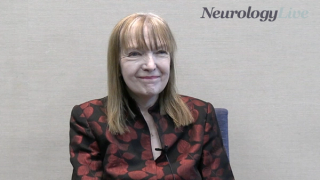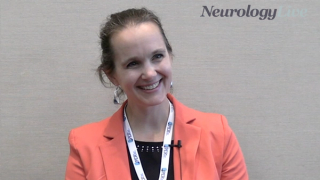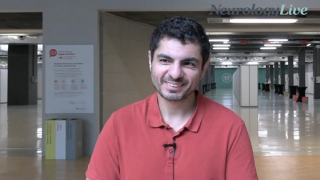
MS and Demyelinating Disorders
Latest News
Latest Videos

CME Content
More News
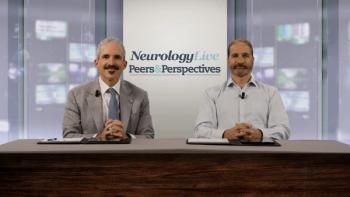
The neurologists discuss strategies to improve the cognitive health of patients with multiple sclerosis through physical and mental health multidisciplinary care.

Most of the studies included highlighted the increasing level of difficulty in all exercises performed and that the transition from one kinematic protocol to the other depended on the patient’s rate of improvement.

The associate professor in the department of neurology and neurosurgery at McGill University discussed results from a study on the long-term use of continuous positive airway pressure treatment among patients with multiple sclerosis and sleep apnea presented at MSMilan 2023. [WATCH TIME: 5 minutes]

A recent meta-analysis on tocilizumab in neuromyelitis optica spectrum disorder (NMOSD) emphasized its effectiveness in reducing relapse rates and improving patient function, with patient-specific factors influencing outcomes.
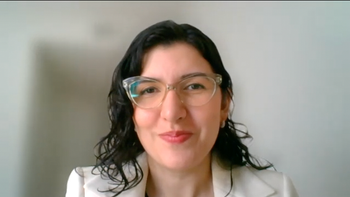
The physician neurologist and neuroimmunologist at Cedars Sinai Medical Center provided perspective on the patient-clinician relationships and the need to educate clinicians about the impacts of rare neuroimmune disorders in Spanish-speaking communities. [WATCH TIME: 3 minutes]

Neurofilament light, a marker of neuroaxonal damage, is correlated with increased levels of disease progression and clinical relapses.

Amit Bar-Or, MD, FRCPC, summarizes fenebrutinib phase II results for the treatment of multiple sclerosis.
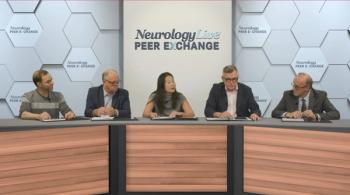
Patrick Vermersch, MD, PhD, summarizes phase II clinical trial of evobrutinib for the treatment of multiple sclerosis.

Here's some of what is coming soon to NeurologyLive® this week.

Patients with multiple sclerosis (MS) showed cognitive improvements with frontal theta-transcranial alternating current stimulation (tACS), suggesting its potential as a tolerable and beneficial intervention.

Take 5 minutes to catch up on NeurologyLive®'s highlights from the week ending November 10, 2023.

Catch up on any of the neurology news headlines you may have missed over the course of October 2023, compiled all into one place by the NeurologyLive® team.

The phase 2 EMBOLD study on ATA188, an allogenic T-cell immunotherapy for non-active progressive multiple sclerosis, did not meet its primary endpoint of confirmed disability improvement after 12 months of treatment.

The reported neurofilament light elevation preceding confirmed disability worsening events highlighted the value of NfL as an early biomarker of disability worsening and points to the existence of different windows of dynamic central nervous system pathology.

Dr Bruce Hughes and Dr Robert Naismith recommend assessments to aid physicians in evaluating and maintaining the cognitive health of patients with multiple sclerosis.

The MS experts share strategies to evaluate physical and cognitive disability progression and determine therapy changes in the clinical setting.

A recent systematic review identified that only 5% of disease-modifying therapy trials for patients with multiple sclerosis assessed fatigue as an outcome, with only 28% among 7 trials showing statistically significant results in the measurement.
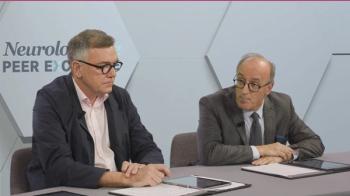
Patrick Vermersch, MD, PhD, and Krzysztof Selmaj, MD, PhD, provide an overview of the BTKi that are currently under investigation for MS, and Gavin Giovannoni, MBBCh, PhD, FCP, FRCP, FRCPath, discusses what in vivo and in vitro preclinical work in models of MS have shown.
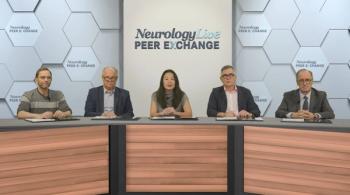
Amit Bar-Or, MD, FRCPC, provides an overview of the history of BTKi’s as well as what makes this class of drug a promising target for relapsing and remitting forms of MS.

Here's some of what is coming soon to NeurologyLive® this week.

AI could revolutionize patient advocacy by bridging communication gaps between patients and providers, and the synergy of medicine and AI offers a promising avenue for enhanced patient care and operational efficiency.

Test your neurology knowledge with NeurologyLive®'s weekly quiz series, featuring questions on a variety of clinical and historical neurology topics. This week's topic is narcolepsy.

L. John Greenfield Jr, MD, PhD, “spoke” about the future of artificial intelligence in neurology with ChatGPT-4—one of the largest language modules that have grabbed the field’s interest.

The clinical research director of the UCSF Multiple Sclerosis Center talked about challenges in accessibility for the 3 approved therapies for NMOSD caused by third-party payor resistance as well as the importance of educating clinicians about the effectiveness of inebilizumab. [WATCH TIME: 3 minutes]

There should be a holistic approach to how the systems in place affect equity: how medicine is practiced and research is conducted, the structure of academic institutions, and how media influence our perceptions of neurologic conditions.






